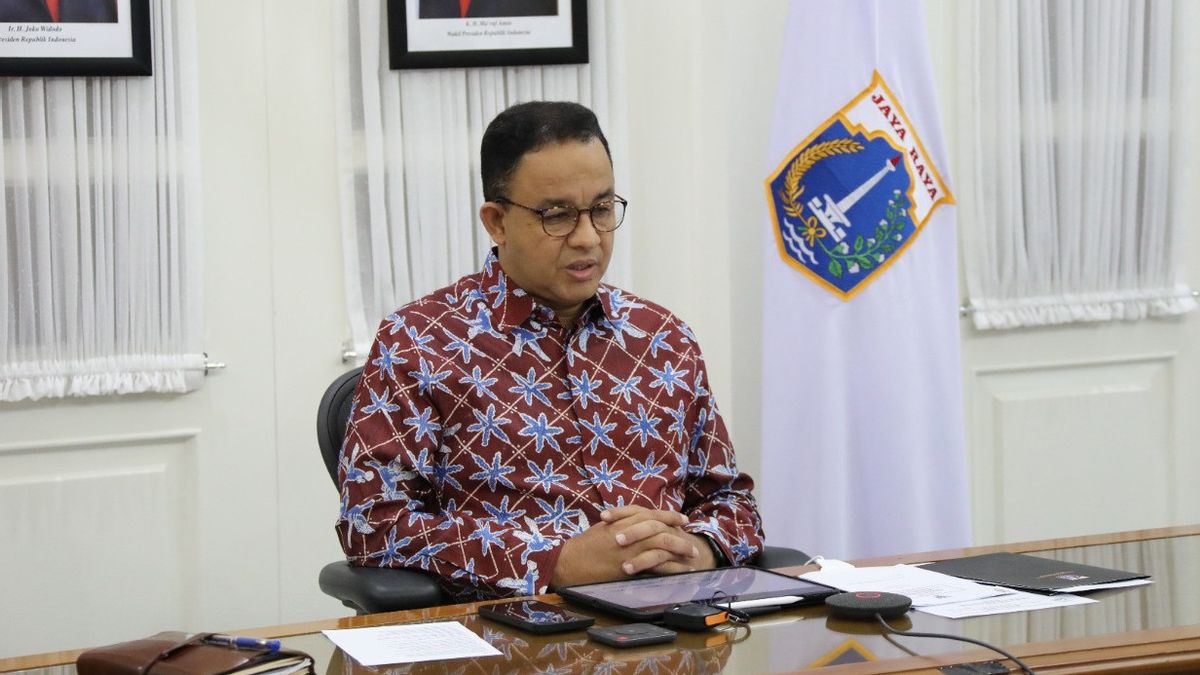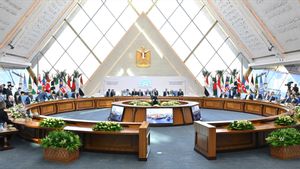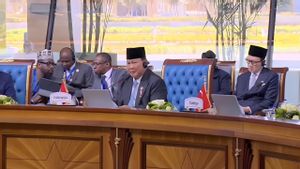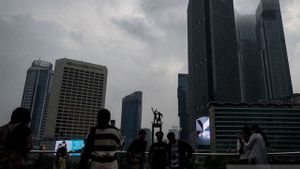JAKARTA - DKI Jakarta Governor Anies Baswedan views the need for a Jakarta development plan that is directed at building hard infrastructure and soft infrastructure.
This he conveyed in the Musrenbang of the Regional Government Work Plan (RKPD) of DKI Jakarta Province in 2023 which was attended by Coordinating Minister for the Economy Airlangga Hartarto, the Ministry of Finance, Ministry of Home Affairs, members of the legislature, and the ranks of the DKI Provincial Government.
"This is necessary to support Jakarta in playing its role as a global city and as a hub for activities in the archipelago, in the region and the world, in line with the plan to move the nation's capital to East Kalimantan," said Anies in the RKPD Musrenbang which was held virtual, Thursday, April 14th.
The former Minister of Education and Culture revealed that efforts to realize Jakarta's hopes of becoming a global city are not a simple path.
The approach that needs to be taken is not only preparing in terms of development planning to support the strengthening of Jakarta as a global city, but also requires development planning to solve urban problems that still exist so far.
As a global city, Anies continued, Jakarta needs to be a strong city in facing various challenges. Considering, in the past 2 years, Jakarta has experienced a health and economic crisis due to the pandemic.
"The key is disaster mitigation, anticipation, so that we can become a city that is safe, comfortable, sustainable, livable, resilient. To support this achievement, according to the theme of the current musrembang there are 10 targets that we need to look at," said Anies .
The targets of Jakarta's development as meant by Anies include:
1. Reduction of inequality through the fulfillment of basic needs and social protection guarantees.2. Improving the quality, accessibility and convenience of public services.3. Reducing inequality through gender responsive development. 4. Equal distribution of educational opportunities for all and education related to lifelong learning. 5. Improvement of quality and life expectancy through improvement of urban health. 6. Economic growth and the business sector based on experience and added value.7. Accelerate digital transformation and smart city management development. 8. Increased opportunities, empowerment, and adaptation of the workforce. 9. Urban economic recovery and implementation of low carbon development. 10. Development of quality basic urban infrastructure and services.
The English, Chinese, Japanese, Arabic, and French versions are automatically generated by the AI. So there may still be inaccuracies in translating, please always see Indonesian as our main language. (system supported by DigitalSiber.id)













